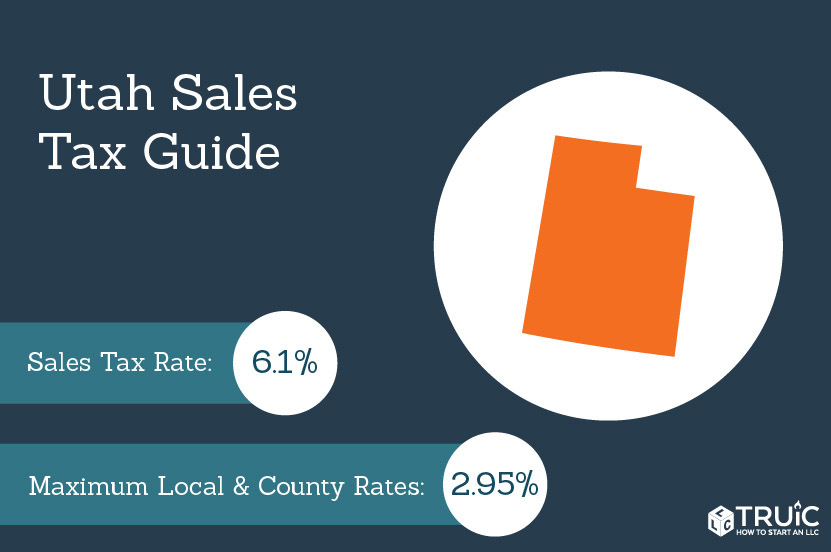Unlocking Achievement: Examining the Impact of VAT Determinations on Enterprise Sustainability
Within today's ever-changing corporate environment, understanding the details of VAT, or VAT, is crucial for companies of every size. The impact of accurate VAT computation extends beyond mere compliance; it can profoundly affect a business's monetary well-being and longevity. For entrepreneurs and long-standing firms alike, the capability to efficiently handle VAT obligations can be the key factor between thriving and merely surviving in a competitive industry.
Calculating VAT accurately not just helps in keeping good standing with tax agencies, and it also serves a crucial role in budgeting and price setting. With the aid of a trusted VAT calculator, companies can confirm they are charging the right amount from customers and accurately reporting income to the government. By prioritizing VAT calculations, companies can discover potential expansion prospects and encourage long-term success.
Comprehending VAT Calculations
VAT, also known as VAT, represents a consumption tax added to the price of goods and services. Companies gather this tax for the benefit of the government, making it crucial for them to comprehend its computation methods. VAT is computed as a fraction of the sale price, and the rates can vary based on the region and the type of goods or services. Understanding how to precisely compute VAT is crucial since errors can result in fines and additional legal issues.

To calculate VAT, a business must know the appropriate VAT rate and in case the transactions are obligated to VAT. A straightforward formula involves calculating the net sale price by the VAT rate. For example, if a product costs 100 dollars and the VAT rate is twenty percent, the VAT charged would be $20, making the total sale amount $120. Many businesses employ a VAT calculator to simplify this process and guarantee accurate calculations, notably when handling numerous transactions.
In addition, businesses that do not properly calculate and report VAT could face significant challenges. These include liquidity problems, as they might not properly forecast the funds owed to tax authorities. Additionally, adhering to VAT regulations enhances a company's credibility and builds trust with buyers and vendors. Therefore, practicing precise VAT calculations not only safeguards a business's monetary stability but further supports its overall endurance in the market.
The Role of a VAT Calculator
A Value-Added Tax calculator serves as an important tool for organizations, enabling them to accurately compute the value-added tax they need to gather and send. This accuracy is crucial, as even minor errors in VAT calculations can lead to significant financial repercussions, such as fines or sanctions from tax agencies. By utilizing a Value-Added Tax calculator, companies can simplify their accounting processes, ensuring compliance with tax guidelines while reducing the risk of costly mistakes.
In addition to accuracy, a Value-Added Tax calculator improves effectiveness within a business's financial operations. Instead of physically calculating tax amounts, which can be labor-intensive and subject to human error, businesses can depend on automated tools. This saves valuable time and efforts, allowing staff to focus on other essential aspects of their operations. With a VAT calculator, monthly or quarterly calculations can be made more promptly, contributing to improved financial management and planning.
In addition, Value-Added Tax calculators can help companies keep up about the ever-changing tax landscape. Tax rates and regulations often vary, and a reliable Value-Added Tax calculator can be modified to reflect these changes. This ensures that companies are always using recent data to inform their financial decisions, reducing the risk of non-compliance. By integrating a VAT calculator into their accounting systems, organizations not only improve their operational longevity but also promote a culture of accuracy and accountability in their financial dealings.
Long-Term Business Benefits
Precise Value Added Tax estimations is essential to supporting corporate activities in the long run. Through ensuring compliance to taxation regulations, businesses can prevent penalties and monetary penalties which may severely affect their financial health. A reliable VAT computing tool simplifies this process, providing clarity and precision for taxation evaluations. This precision not just safeguards the business's reputation and also boosts credibility among clients as well as regulatory bodies, building confidence and durable relationships.
In addition, effective VAT administration can lead to better liquidity flow. calculate vat which correctly calculate and report Value Added Tax can more accurately forecast their monetary obligations, ensuring they have the required resources available when payments are scheduled. Such foresight allows to strategic strategizing and investment in additional departments within the business, thereby promoting expansion as well as stability. Optimal use of a Value Added Tax computing tool may streamline fiscal processes, conserving time and funds that may be allocated to core company functions.
Additionally, understanding Value Added Tax implications can offer a market edge. Firms which excel in VAT administration not just ensure compliance but also capitalize on taxation benefits which can easily be utilized for enhance price models or reduce costs. This proactive approach can lead to increased industry share and profits. By utilizing instruments like VAT computing tools, companies can stay flexible within a complex taxation environment, responding swiftly to regulatory shifts as well as keeping an edge within the individual markets.